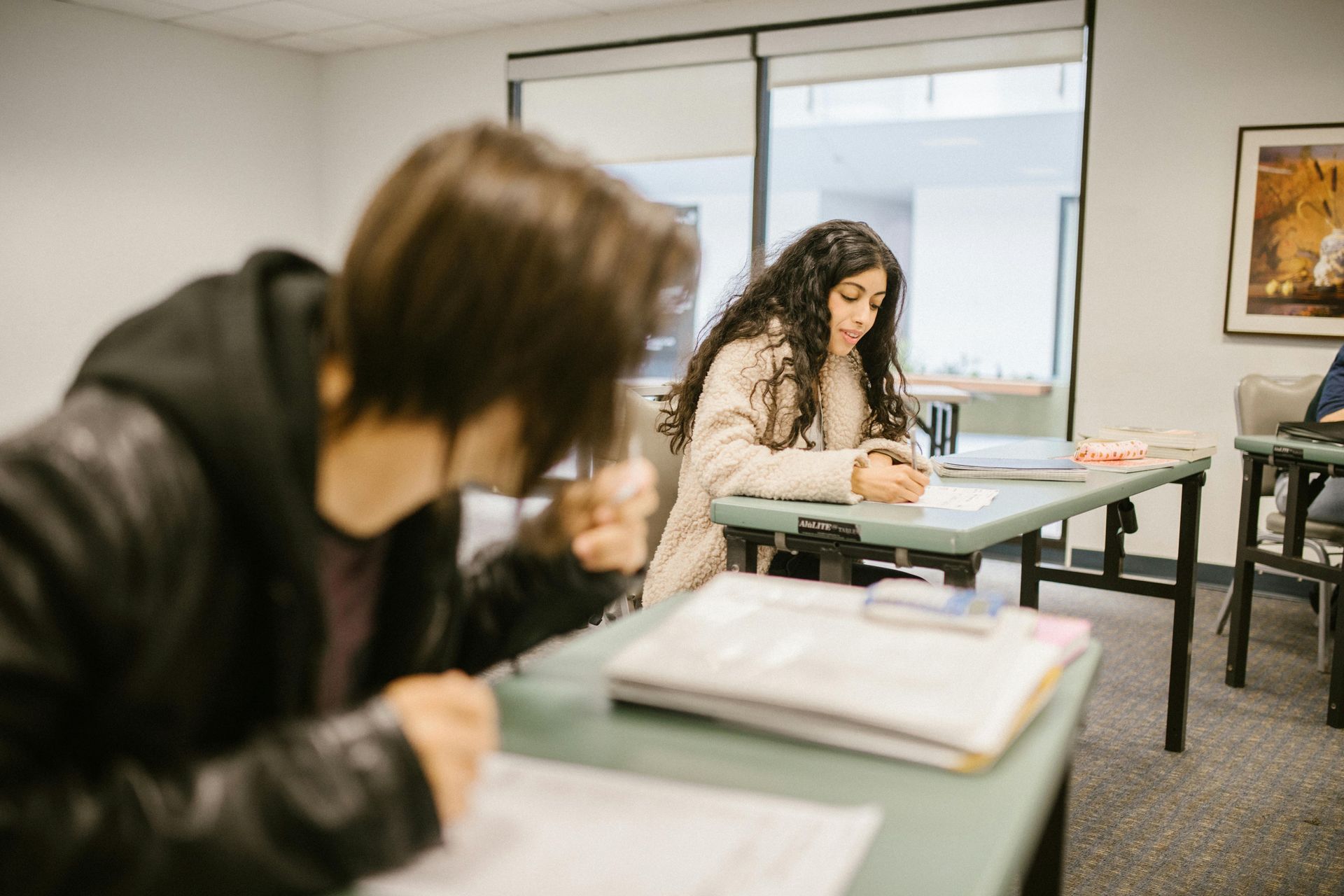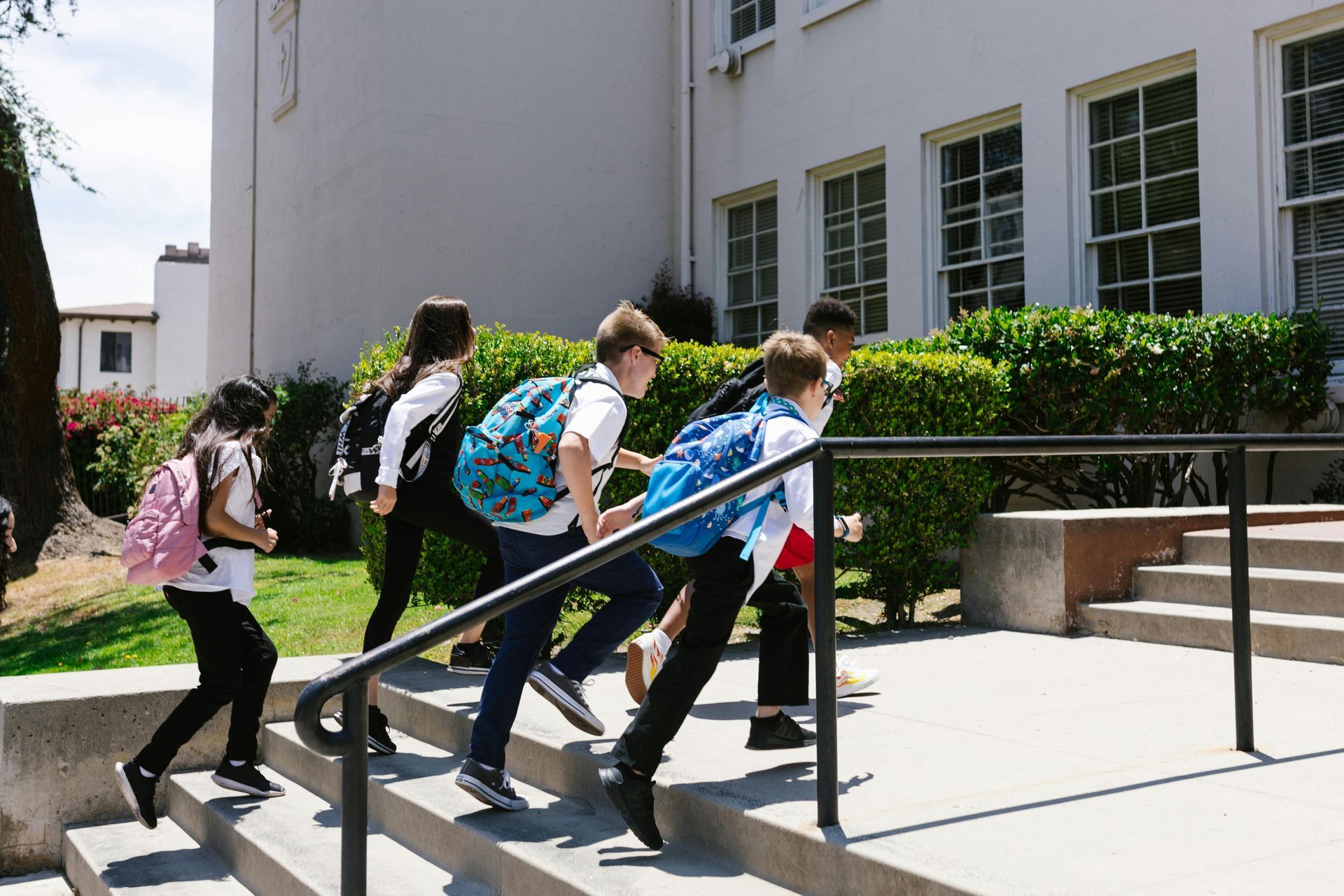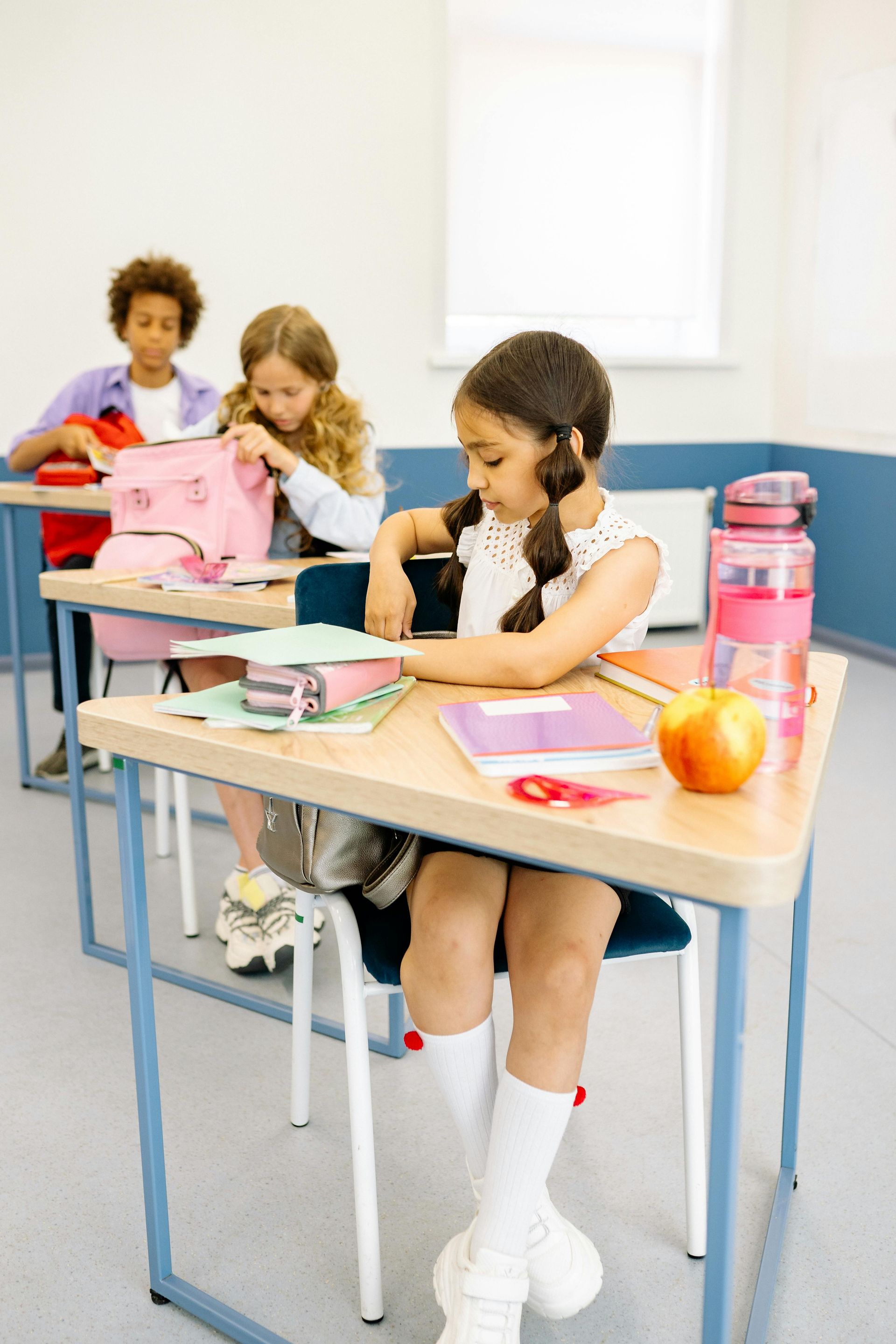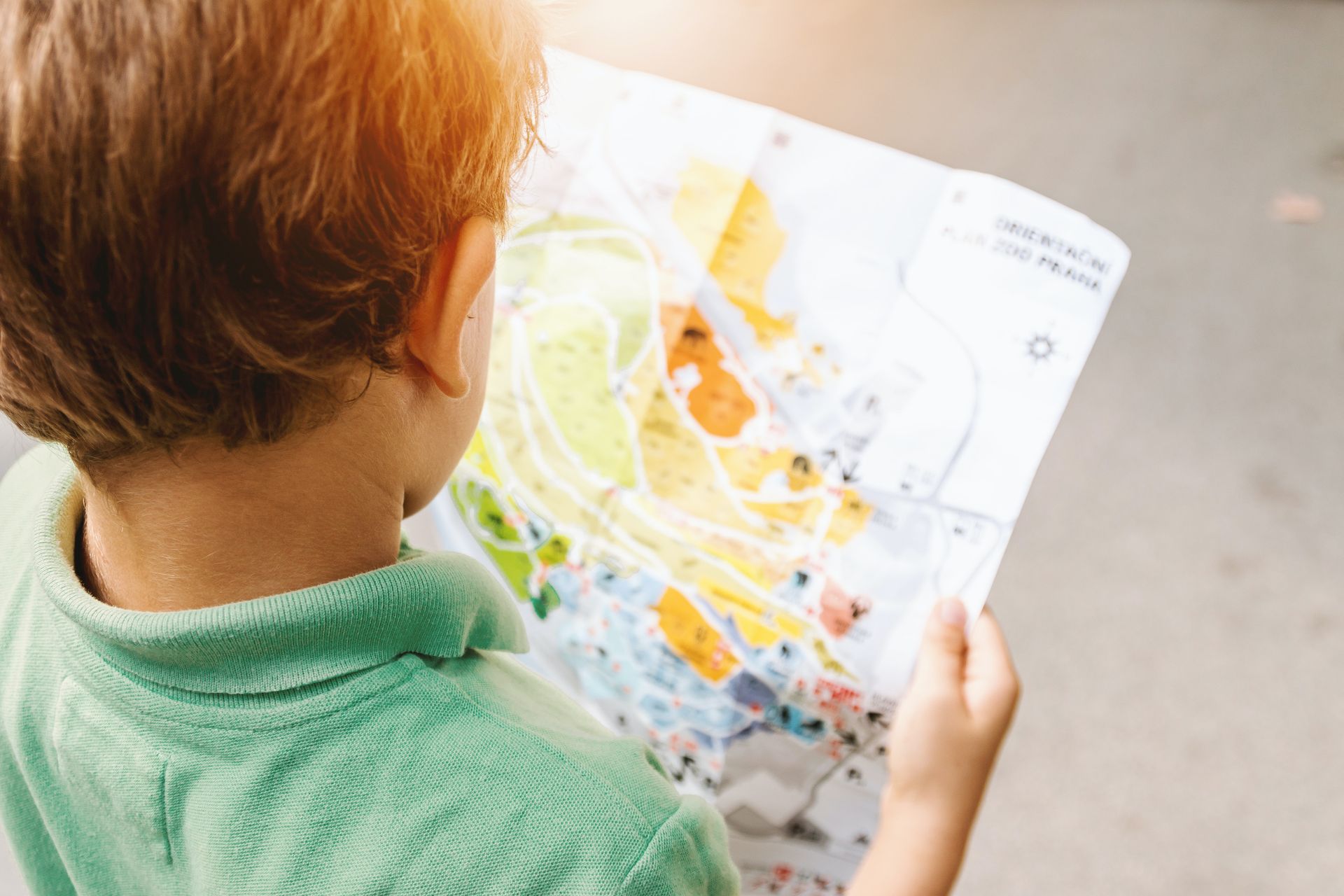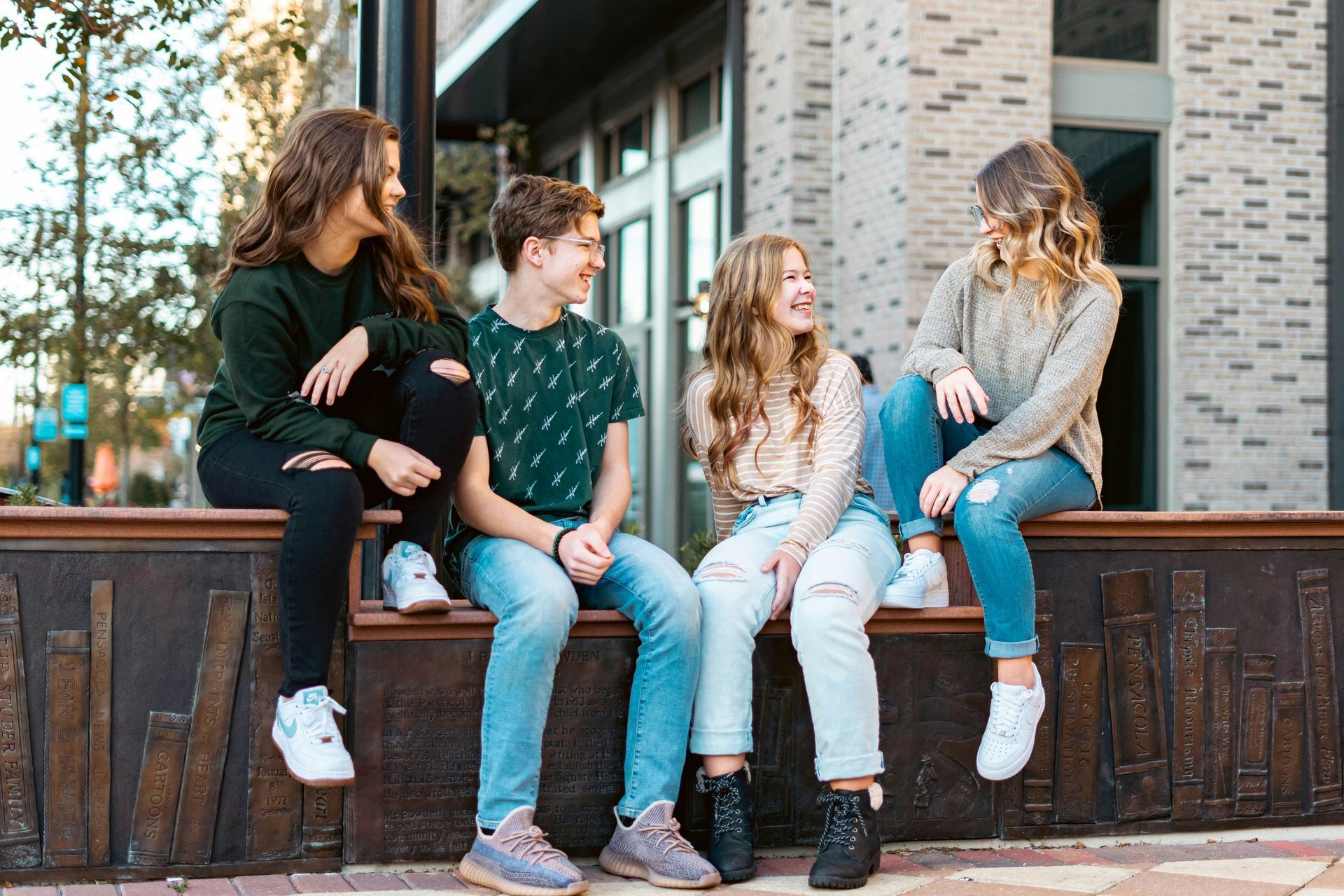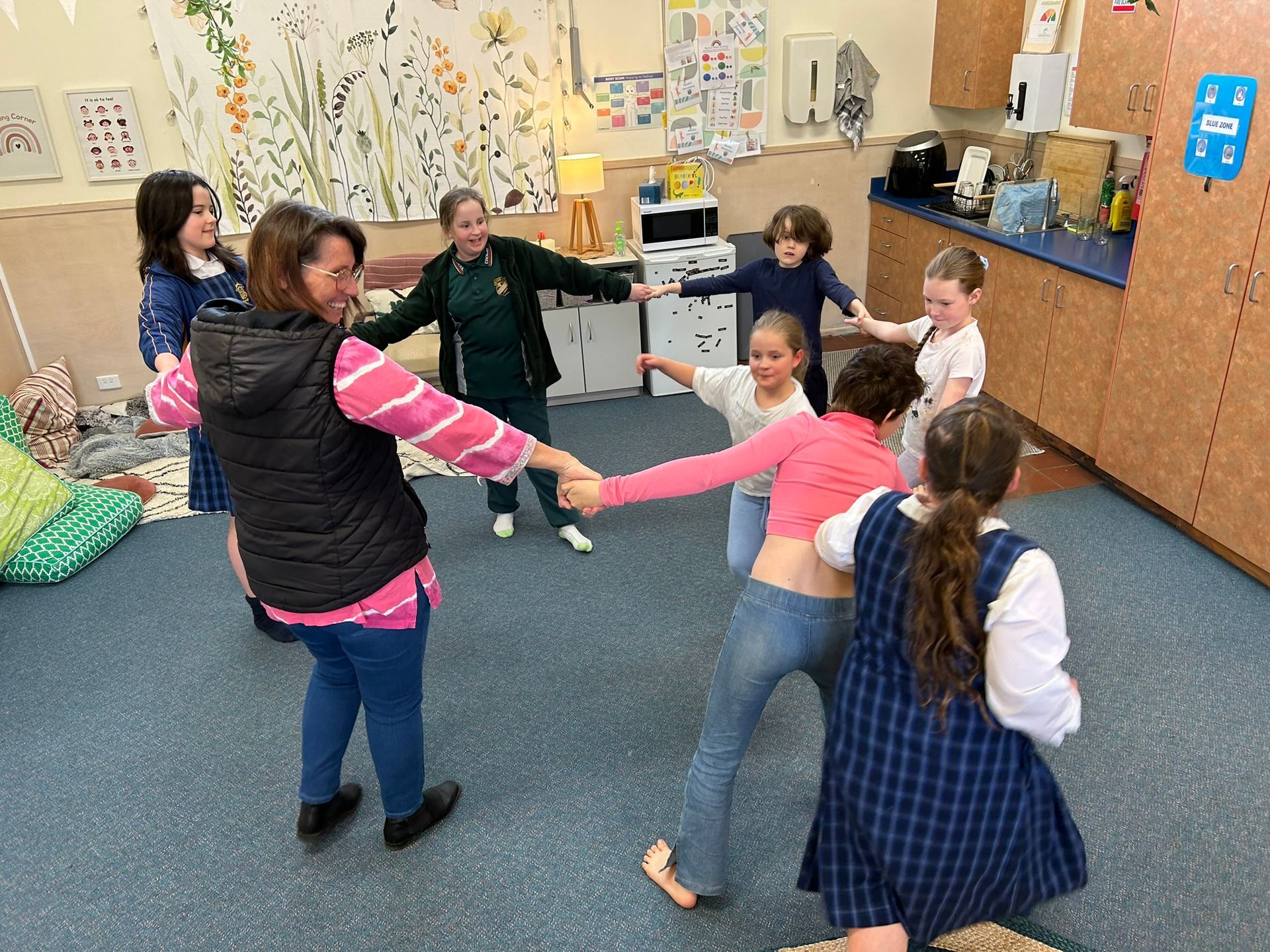Tips for Holiday Get-togethers
Holidays are upon us.. Time to consider setting up a successful get-together!
Get-togethers provide rich opportunities for young people to generalise skills they are learning in other contexts – particularly how to make and keep friends.
Yet as most caregivers well know, some get-togethers don’t always go to plan, and it can be easier to avoid them rather than deal with the fallout or embarrassment of ‘an incident’…. But, the good news is, with a little preparation and forethought the chances are, your holiday get-together could be a whole lot more successful than you anticipated. Here are a few ideas…
WHO
o Consider who your child wants to invite and review past interactions. For instance, have you noticed generally positive interactions with the other person, or is this going to be a combination that inevitably ends in conflict?
o Friends don’t always have to come from school. Sometimes they can be a connection from another setting such as a Social Group, church group, music ensemble, sporting team, or a club.
TIMING MATTERS
o Keep the get-together short and successful and plan an endpoint (e.g. maximum two hours). You want everyone to leave wanting more rather than leaving because of fatigue, arguments, or overwhelm.
o Make sure you plan the get-together at a time of day when your child will have the best chance of success. Factors such as whether your child is an early or late riser, whether they've slept well, if medication has or hasn't worn off, or if they get hungry at certain times in the day will all matter.
PLAN AN ACTIVITY-BASED GET-TOGETHER (RATHER THAN AN OPEN-ENDED ‘HANGOUT’)
o Hangouts have a heavy social and communication load. If socialising and social communication is something your child or teen struggles with, or tires of, then an open-ended catch-up could prove taxing or stressful.
Examples include: movies, park, craft lesson, pool, Kloud9, trip to the library etc.
PLANNING TIPS
o Try to ensure the activity is based on a common interest.
o Have resources at the ready or plan an outing.
Some ideas for younger children: Lego, construction, doll's house, dress-ups, Bey Blades, make a cubby house, bike riding, Nerf guns, handball, art/craft, dinosaurs or a park visit.
Some ideas for teens: board games, role play board games, cards, poker, darts, basketball, art/craft, cooking, bike riding, swimming, bush walking, geocaching, movies, shopping or mini-golf.
o What about gaming? Again, forethought and planning are key. Group face-to-face gaming can be a great way to socialise. If you choose gaming as a shared activity, set up clear expectations and make sure there’s a balance of gaming and non-gaming activities. For instance, establish first/then negotiations, time limits, and clear expectations about what they can do after the game has finished (e.g. pizza, swim, trampoline for 15 minutes before you leave).
CONTINGENCY PLAN
o Have more than one activity planned! For instance, if Lego wears thin then have the dinosaurs ready to pull out, or if the movies go well consider whether they go for Mcdonald’s afterwards.
PROVIDE CHOICE and OWNERSHIP
o Don’t forget to ask your child or teen what they’d like to do!
o They might even like to help you plan or set up. For teens, they can be involved in organising the outing (e.g. looking up movie times, choosing seats, where to eat, meeting and pick up times, texting or messaging details etc.).
PROVIDE PREDICTABILITY
o Explain where they’re going or who is coming over, when, what is likely to happen, the duration, who will be there, where they can take a break, who they can talk to if there’s a problem etc.
SAFE SPACE OR BREAK AREA
o Find out where they can take a break beforehand (not as a reactive strategy) - even if you're staying for the get-together. Ensure everyone knows this, especially your young person!
o If necessary, let your young person take a comfort bag or calming items.
Ideas for younger children: bag with sensory toy, cuddle toy, favourite books, headphones etc.
Ideas for teens: air pods, headphones, music or meditation app cued on their phone, fiddle in their pocket etc.
CLOTHING COUNTS
o Reduce sensory irritation by letting your young person decide what to wear. If you’re catching up with like-minded families, they’re unlikely to care if the kids are wearing pjs, a costume or no shoes! For teens, their choice can still be en vogue, but something they find comfortable.
With consideration, the get-together can be a way for your young person to not only practise social interaction skills, but also maintain their sense of connection and wellbeing throughout the school holidays.

